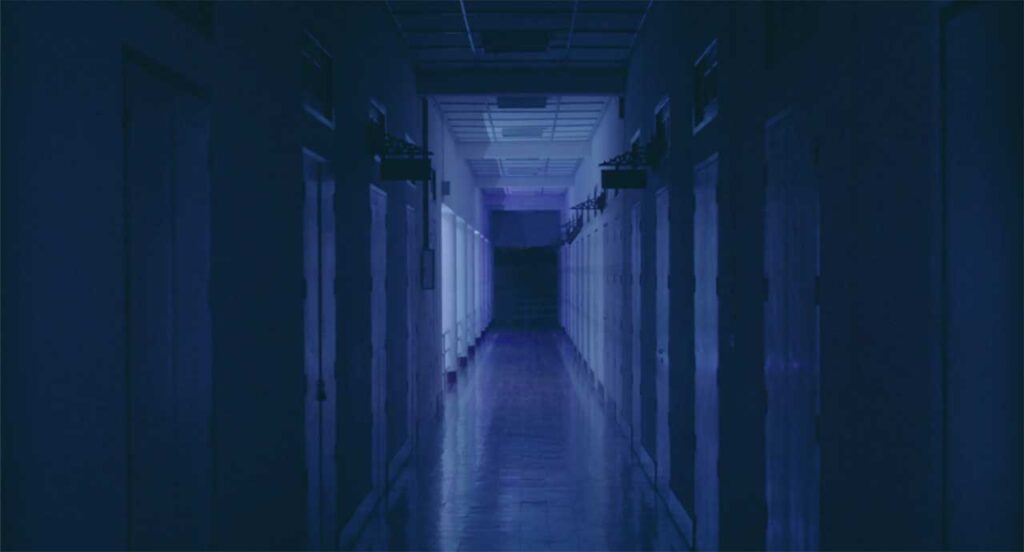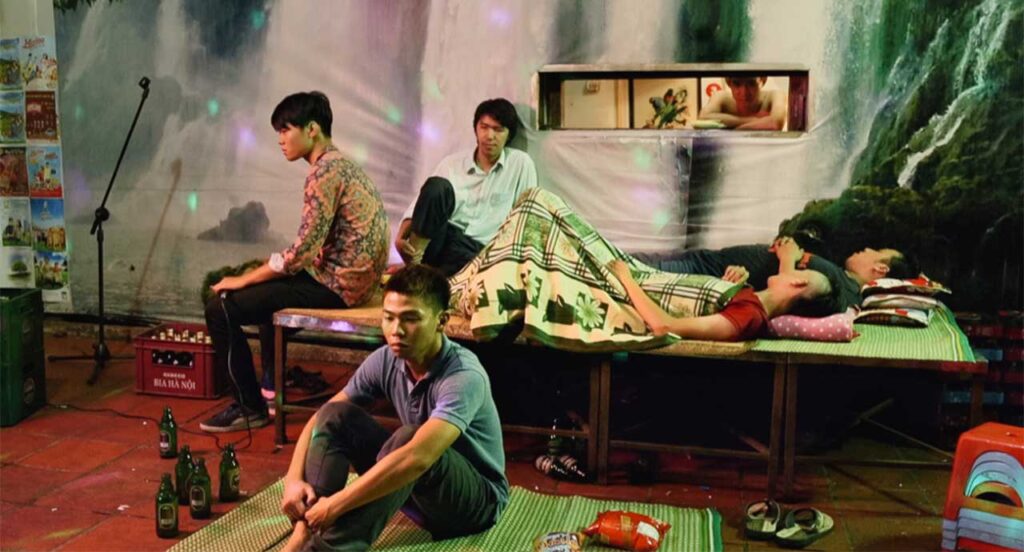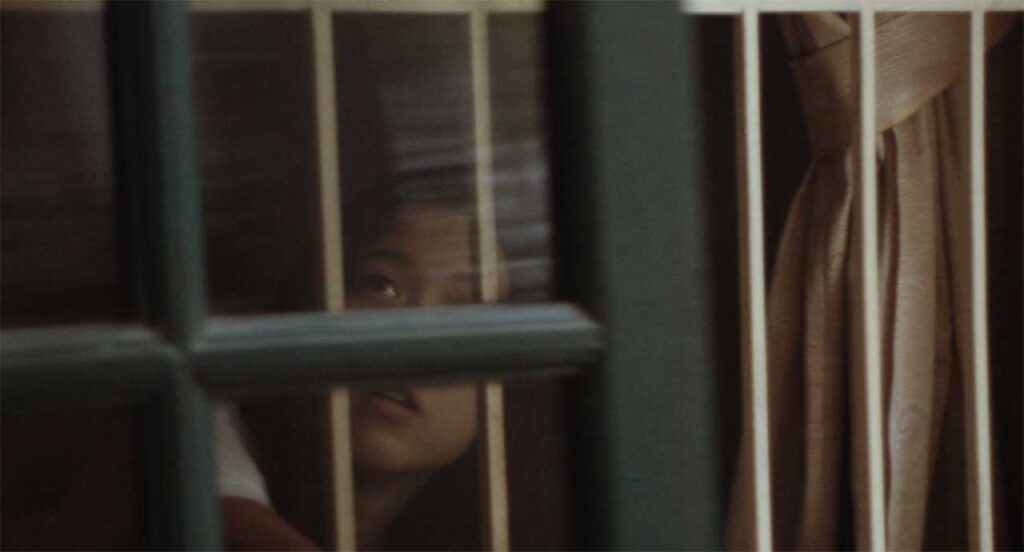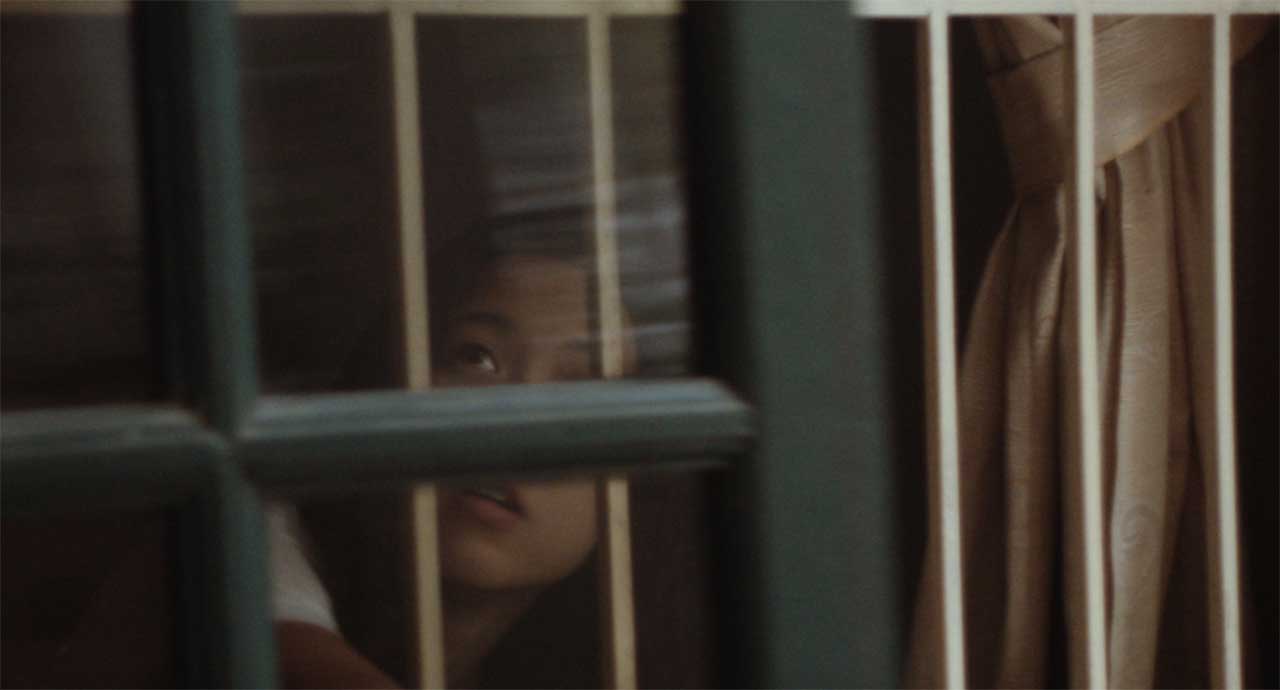The Value of Visceral: SEA Short Film Programme 1
At first glance, the 2016 Southeast Asian Short Film Competition Programme can seem a little abstract. Cordelia and Wan Xin attempt to break down some artistic barriers to help you (and themselves!) better understand the films in Programme 1.
Films in this programme
Another City (Pham Ngoc Lan, Vietnam)
A Little Tiger (Nutthapon Rakkatham, Thailand)
The Mist (Liao Jiekai, Singapore)
500,000 Years (Chai Siris, Thailand)
On the Origin of Fear (Bayu Prihantoro Filemon, Indonesia)

Cordelia (C): So Wan Xin, we’ve been debating a lot about Programme 1.
Wan Xin (WX): (laughs) Yes indeed!
C: Okay, so what was the first word that popped into your mind after watching Programme 1?
WX: Experimental.
C: I agree. But experimental is a very broad word. Why did you choose this word?
WX: Programme 1 is experimental because there are no straightforward narratives in these films.
C: What do you mean by that? Can you tell us more?
WX: The films in Programme 1 really struck me because they step away from the traditional conventions associated with telling a story. For example, in Chai Siris’ film 500,000 Years, the short film starts off with us observing a lorry from afar along a dirt road. There is no linear set up of plot and narrative, we are simply thrown into a scene; almost as if we have been there the whole time!
C: Yes; we are never told the characters’ names, nor their motives. We are like flies on the wall in a very specific moment in time, rather than taken on a narrative journey from beginning to end.
WX: How then, were you able to truly make sense of the story?
C: Well, other elements are used in experimental film to fill in any gaps.
WX: Yes, I agree! There is a sense that we are being shown things – through the use of cinematic conventions – such as mise-en-scene, which is what is placed in the scene and the used of diegetic sound which is sound that is what is visible on screen is what we hear – to convey meaning, rather than tell us what the story is about.
C: I could really see this in Pham Ngoc Lan’s film Another City and Nuttaphon Rakkatham’s film A Little Tiger. These films use very little dialogue and deny us outright insights into the characters. We are instead encouraged to look for clues about the narrative and characters through subtler means.

WX: Yes, the directors really re-evaluate the possibilities of cinematic conventions. The directors choose to abstain from traditional narrative techniques and instead emphasise other conventions – such as silence, the actors’ body language, the cinematography, the costumes, the colour. While watching Pham Ngoc Lan’s Another City, the stoic performance by the actors in an almost stage-like play made me feel as if something unfortunate is about to happen. All these things create a dramatic mood that evokes both narrative and meaning.
C: Do you feel that the approach is confusing? As in, do you think that abandoning traditional narrative conventions is a risk?
WX: Yes. Because there is potential to lose audience commitment to the characters.
C: Ok. Did you feel like you really wanted (or needed) to make sense of what is happening? And try to decipher each scene or action of the actor?
WX: At first I did. I will admit that I felt quite alienated by the filmmakers’ approach. I initially felt a bit lost by having to try and make sense of the images in front of me when there was very little dialogue and vague narratives.
C: Yes, the films remind me of looking through a stranger’s photo album and just seeing brief snapshot of a moment in their life. For example, in Liao Jiekai’s film The Mist, we are suddenly transported into the chaos of two women’s memories, with no background history or context provided.

WX: I think as a society we are conditioned to see film as entertainment. We forget that films do not have to have a beginning, middle, end and a happy ending. Films can be an active platform to actually explore political and social issues that may not have beginning, middles, endings and happy endings.
C: Actually, that reminds me of Bayu Prihantoro Filemon’s political film, On the Origin of Fear. Which I think it is a really smart short film.
WX: What makes you say that?
C: Because this film is not about telling a linear story, but rather is about reminding people about the war crimes that took place in Indonesia during the 30th September 1965 coup. This serves as a reminder as why we cannot forget the impact that is part of the Indonesian identity.
WX: How do you think Filemon did this?
C: Well, I think he relied on the power of absence. Well, he could have just portrayed the torture of the six army generals in a really violent, gruesome and confronting manner – that’s how most mainstream film directors would do it.
WX: But instead, by removing visual stimuli and relying on the sounds produced by a single actor’s screaming voice our imaginations are left running wild.
C: So the director has cleverly used very few cinematic tools to leave us we feeling incredibly hollow and disturbed by the realisation that these events took place.
WX: Yes, exactly.
C: Then you would argue that the films in Programme 1 are more about evoking a visceral experience?
WX: Certainly. Films do not always have to be certain or clear cut to have power and impact.
C: Sometimes films are just transient – we are invited to be present in the moment and just feel something. I guess that’s what Programme One brings to the table, the opportunity for us to experience being in that moment.




